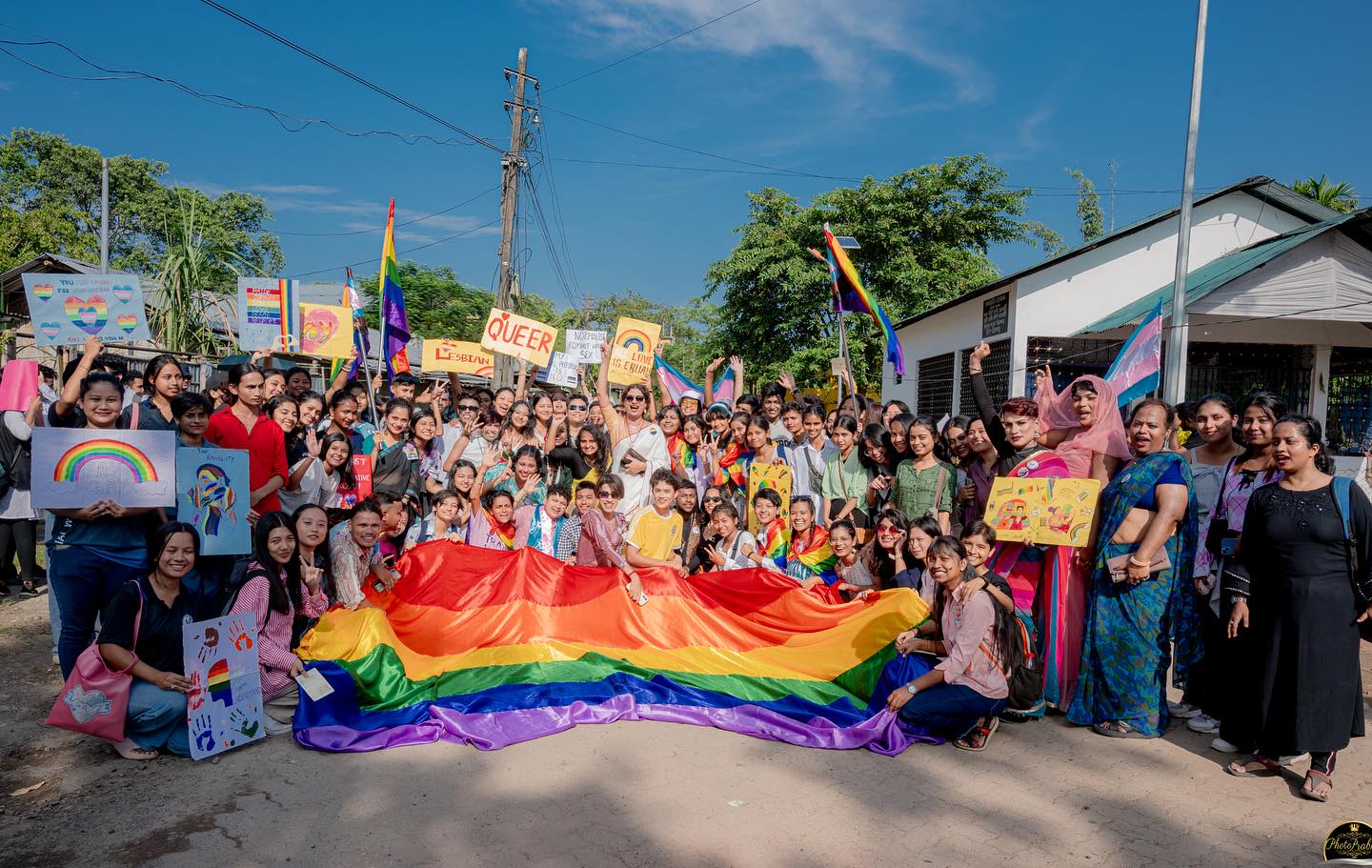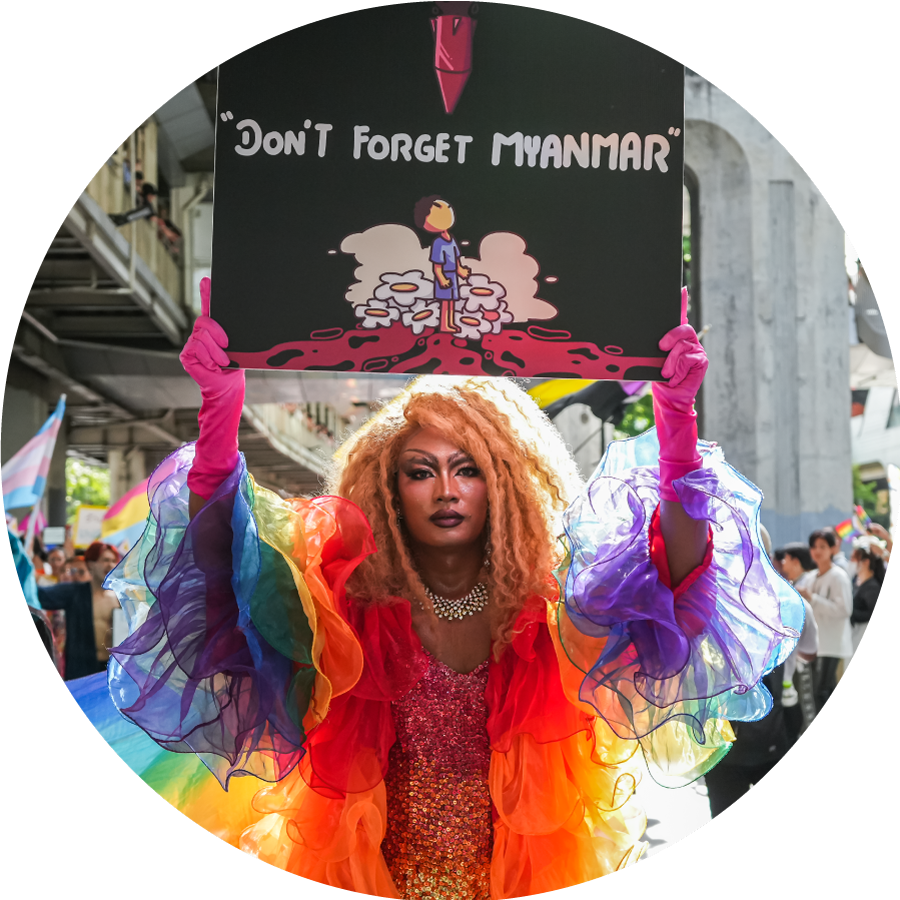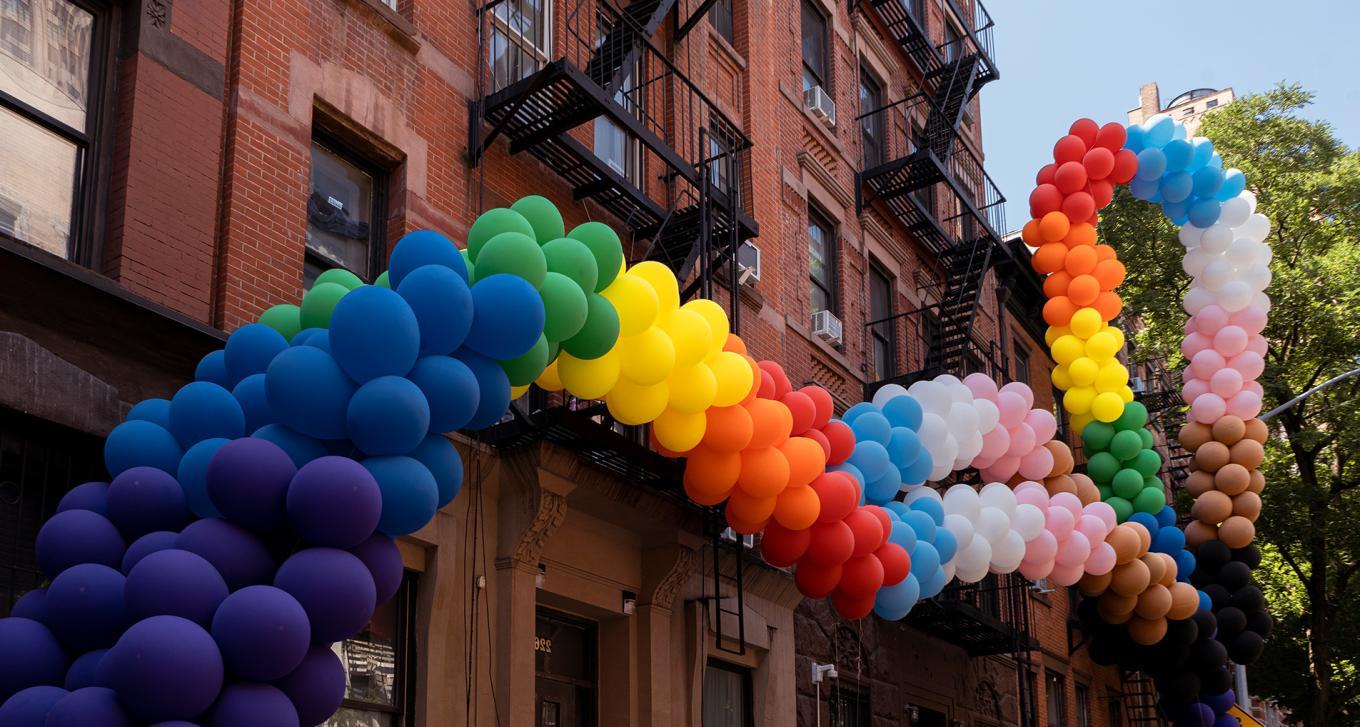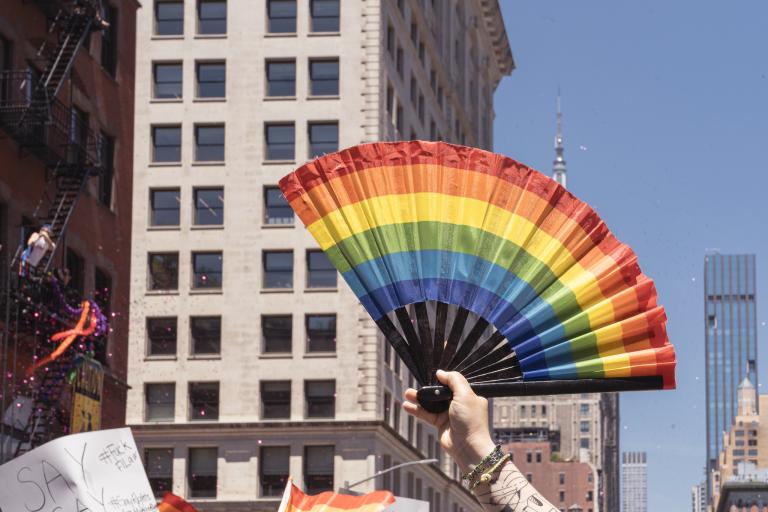
Explore More
Pride Around the World
Our findings show that LGBTIQ activists in at least 100 of 193 UN member states globally held public-facing Pride or other LGBTIQ visibility events in 2023, through parades, marches, festivals, art exhibitions, workshops, panel discussions, fairs, drag shows, musical shows, film screenings, book readings, and sporting events, among others. In at least 61 countries, Pride events were held in more than one city, demonstrating that LGBTIQ people are truly part of the fabric of every society.
Many LGBTIQ individuals and activists view Pride as pivotal for creating visibility, carrying out sustained advocacy, protesting pushback from state and anti-rights actors, and demanding change. As a Brazilian activist put it, “Pride means my foundation, my life.” Where Pride cannot be held, activists and individuals have cited limited platforms for advocacy and regression of LGBTIQ rights.

Our report includes ten case studies, zooming in on emblematic Pride events and those that offer lessons learned. Outright found that support by foreign diplomatic missions in many countries amplifies Pride events, sheds a positive light in the media, and can even be used to garner political support, as in Belize. In the US state of Florida, the LGBTIQ movement is resisting the onslaught of repressive laws, and events like My Hollywood Pride help to restate inclusive family values. While politicians in Argentina and El Salvador wax nostalgic for dictatorship and condemn gender liberation, Pride remains an avenue for democratic engagement by the populace. In South Africa, Black LGBTIQ people have created Alternative Prides that focus on intersectionality within the movement, building alliances at the grassroots level and decrying hate crimes, femicide, racism, and homophobia. A similar approach is taken in Kosovo where strong alliances with the feminist movement and other human rights organizations from the inception of the Pride Week in 2017 have ensured that the space is always intersectional. Activists credit the strength of the intersectional alliance building as the key to keeping anti-gender narratives from gaining prominence as it has in neighboring Balkan countries. Mauritius decriminalized sodomy in 2023, but activists have not been able to sustain Pride in the capital city due to attacks from religious fanatics. Still, there is continued work toward gaining more ground. In India, Pride evidenced different perspectives with regard to the impact of legal developments: for state capitals and second-tier cities with a population of around a million, the discourse around criminalization was often the starting point for organizing Pride events, while activists from small towns held Pride and other visibility events without significant reference to decriminalization, and outside the five major metropolises, the need for recognized same-sex civil partnership or marriage–recently denied by the Supreme Court of India–is was not voiced as an advocacy priority for most activists in the context of Pride.

Outright’s latest Pride report demonstrates how intersex activists in Brazil, Chile, Argentina, and Venezuela are striving for inclusion within Pride events. Outright also documented the need for disability inclusion in Pride and how LGBTIQ migrants and refugees experience Pride in various settings.
As Pride events spread in some countries like South Africa, the rise of anti-LGBTIQ legislation and rhetoric, as well as continued humanitarian crises, have impacted all forms of LGBTIQ activism and advocacy, resulting in a reduction in countries holding public Pride events in 2023 compared to 2021 and 2022. Still, LGBTIQ activists organized other forms of protests, including against hostile laws in Uganda; in Ukraine, visible queer resistance has continued despite Russian aggression and in the midst of the strikes; and queer Palestinians took to the “Queering the Map” platform to make their experiences, and their existence, visible and intelligible in the face of Israel’s war on Gaza. In a year in which anti-rights, anti-gender actors enacted legislative attacks on LGBTIQ people from all sides, LGBTIQ movements sometimes strategically retreated and regrouped and sometimes pushed forward with full force in their efforts to balance the safety and well-being of communities with the urgency of being seen, heard, and recognized.

See what your support makes possible.
Our reports on global threats and opportunities confronting our LGBTIQ communities share research on urgent, relevant issues.
Get Involved